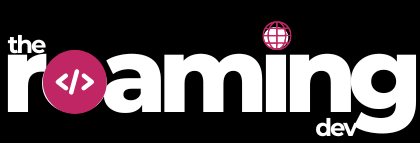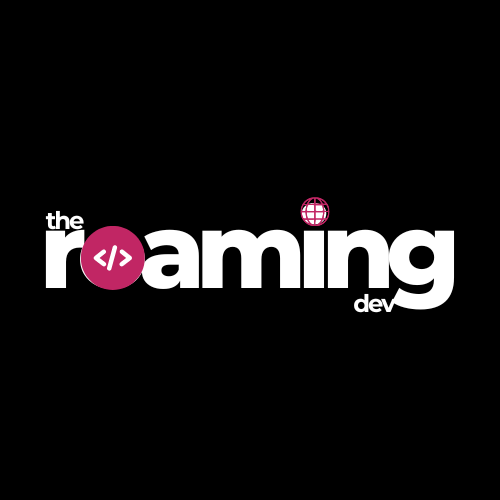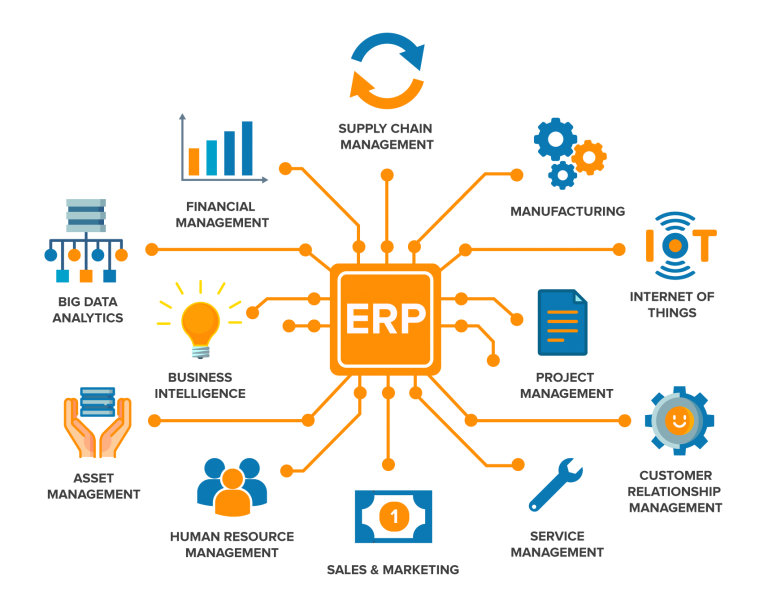I. Introduction
In today’s competitive market, small businesses need efficient systems to manage their operations.
Enterprise Resource Planning (ERP) software is one such system that helps businesses streamline their processes, improve productivity, and reduce costs.
ERP systems provide businesses with a centralized platform to manage all their core business functions, including inventory management, accounting, human resources, and customer relationship management.
A. What is ERP?
ERP is a software solution that integrates a company’s departments and functions into a single system. As a result, it allows businesses to automate and streamline their business processes, increasing efficiency and reducing costs.
ERP software typically includes modules for inventory management, finance and accounting, sales and marketing, human resources, and customer relationship management.
B. Who uses ERP Systems?
Companies of various sizes and industries use ERP systems. While large corporations have traditionally used ERP systems, more and more small and medium-sized businesses are adopting ERP systems to help manage their operations.
C. How many companies use ERP systems?
Around 81% of organizations with annual revenues of $50 million to $1 billion have implemented an ERP system.
Panorama Consulting
ERP systems are used by companies in various industries, including manufacturing, distribution, healthcare, retail, and service industries.
ERP systems have become essential for companies looking to streamline their operations, improve productivity, and reduce costs.
Also Read: Top 10 Best Mac Time Tracking Apps For 2023 [Including Free Options]
D. Importance of ERP for small business
Small businesses can benefit significantly from using ERP software.
- ERP systems provide businesses with real-time data, which helps decision-makers make informed decisions quickly.
- ERP software also automates repetitive tasks, reducing employees’ workload and allowing them to focus on more critical tasks.
- ERP systems also give businesses a competitive edge by improving their operational efficiency and allowing them to respond quickly to market changes.
II. Criteria for selection of Top 10 Best ERP
Choosing the right ERP software for your small business can be daunting and here are some criteria to consider:
A. Cost
Cost is an essential factor to consider when selecting an ERP system. Small businesses need to choose an affordable solution that provides value for money. The cost of an ERP system includes the cost of licensing, implementation, and ongoing maintenance.
B. User-friendliness
The ERP system should be user-friendly and easy to use. In addition, small businesses may need dedicated IT staff, so choosing a system that only requires a little extensive technical knowledge is crucial.
C. Customization
The ERP system should be customizable to meet the business’s specific needs. Small businesses have unique requirements, and the ERP system should be able to adapt to these requirements.
D. Scalability
The ERP system should be scalable, meaning it should grow as the business grows. Therefore, small businesses should choose a system for their current needs and future growth.
E. Integration
The ERP system should be able to integrate with other business software applications, such as e-commerce platforms, CRM software, and payroll software.
III. Top 10 Best ERPs for Small Business
Here are the top 10 examples of the best ERP systems for small businesses to consider in 2023:
1. ERPNext
Overview
ERPNext is an open-source ERP system that is cloud-based. It includes accounting, inventory management, human resources, and CRM modules.
ERPNext Features
ERPNext includes:
- invoicing
- purchase management
- inventory management
- project management
Pricing
ERPNext offers a free version for up to three users. Paid plans start at $300 per year.
2. Zoho One
Overview
Zoho One is a cloud-based ERP system with over 40 applications, including CRM, HR, and finance.
Features
Zoho One includes:
- sales automation
- marketing automation
- project management
- human resources
Pricing
Zoho One offers a 30-day free trial. After that, paid plans start at $30 per user per month.
3. Odoo
Overview
Odoo is an open-source ERP system that includes accounting, inventory management, and CRM modules.
Features
Odoo includes sales automation, purchase, inventory, and project management.
Pricing
Odoo offers a free version for up to two users. Paid plans start at $7 per user per month.
4. SAP Business One
Overview
SAP Business One is a cloud-based ERP system for small and medium-sized businesses.
Features
SAP Business OneIt includes finance, sales, purchasing, inventory, and project management modules.
Pricing
Pricing for SAP Business One varies depending on the business’s specific needs.
5. NetSuite
Overview
NetSuite is a cloud-based ERP system that includes modules for finance, CRM, and e-commerce.
Features
- financial management
- order management
- CRM
- e-commerce
Pricing
Pricing for NetSuite varies depending on the specific needs of the business.
6. Sage Intacct
Overview
Sage Intacct is a cloud-based ERP system with financial management, project accounting, and order management modules.
Features
- financial management
- project accounting
- order management
- reporting features
Pricing
Pricing for Sage Intacct varies depending on the specific needs of the business.
7. Microsoft Dynamics GP
Overview
Microsoft Dynamics GP is a cloud-based ERP system that includes financial management, inventory management, and project management modules.
Features
Microsoft Dynamics GP includes financial, inventory, project, and human resources management.
Pricing
Pricing for Microsoft Dynamics GP varies depending on the business’s specific needs.
8. QuickBooks Enterprise
Overview
QuickBooks Enterprise is a cloud-based ERP system that includes accounting, payroll, and inventory management modules.
Features
QuickBooks Enterprise includes features such as financial management, payroll management, and inventory management.
Pricing
Pricing for QuickBooks Enterprise varies depending on the specific needs of the business.
9. Acumatica
Overview
Acumatica is a cloud-based ERP system that includes financial management, inventory management, and CRM modules.
Features
Acumatica includes financial management, inventory management, CRM, and project management.
Pricing
Pricing for Acumatica varies depending on the specific needs of the business.
10. Infor CloudSuite
Overview
Infor CloudSuite is a cloud-based ERP system that includes financial management, human resources, and supply chain management modules.
Features
Infor CloudSuite includes financial management, supply chain management, and human resources.
Pricing
Pricing for Infor CloudSuite varies depending on the specific needs of the business.
IV. Conclusion
Choosing the right ERP system for your small business can help you improve your operations, increase efficiency, and reduce costs.
The top 10 best cloud-based ERP systems for small businesses have been reviewed based on cost, user-friendliness, customization, scalability, and integration. Consider these factors when selecting an ERP system for your business, and choose a system that meets your specific needs.
Overall, investing in an ERP system is wise for any small business looking to streamline its operations and grow its bottom line.




1 Comment
Pingback: 10 Best Cloud-Based ERP For Small Businesses in 2023